Rust is the bane of all knife owners. Even with modern knives made of high-quality materials, rust can still form and make your knife less useful, particularly if you live in humid climates with a high moisture content in the air.
Taking care of your blade to ensure you don’t have problems with rust requires consistency and good habits. It’s not complicated, but it does require dedication.
If you want to keep a rust-free blade – and who doesn’t? – then it’s important to put the following tips around preventing rust on steel blades into practice. Keep this list handy and soon, with repetition, they will become routines you incorporate into day-to-day life that will keep your blade the way you want it: rust-free, sharp and ready for use.
Preventing Rust on Steel Blades:
Things Not to Do
Here are some areas where you want to avoid certain issues with your knife.
- Carrying a knife in a sheath is fine, but do not store it that way. Leather collects moisture which can lead to rust or even pitting of the blade.
- Do not allow your knife to get wet, particularly with salt water or another corrosive fluid, without taking steps to prevent any damage (see below)
- Do not store a dirty knife, always clean it after use.
- Don’t think you have such a great knife that you can get by without routinely applying protective oil, cleaning after use and keeping it dry. Even the best-made, modern knives will rust without some attention and care.
Things To Do
While not hard to do, these steps only work if you do them consistently. A few weeks of forgetfulness can lead to having to do big repairs on your knife. Just make these easy, good habits part of your daily routine and you will find that preventing rust on steel blades is not an issue, no matter what type of blade you own.
- On a pocket knife, occasionally apply oil to the joints and springs. Just a couple of drops can make the opening and closing of the knife easier as well as prevent rust.
- For all blades, set a time every so often to wipe the blade with an oil-moistened cloth. This will prevent rust, particularly for those living in a hot, damp climate or close to the ocean.
- If your blade does get wet with salt water or other corrosive substances, the first step is to rise it thoroughly in tap water. Then dry it well and apply a light coat of oil.
- Make it a routine to clean the knife. Not just the blade, but the handle, locking mechanisms and pivot points, if applicable. Dirt and other substances can lead to rust over time.
Some joke that owning a knife means you are in a high-maintenance relationship, but that doesn’t have to be the case! The above easy habits can keep your knife rust-free and keep you from having to commit long hours to cleaning and maintaining a knife.

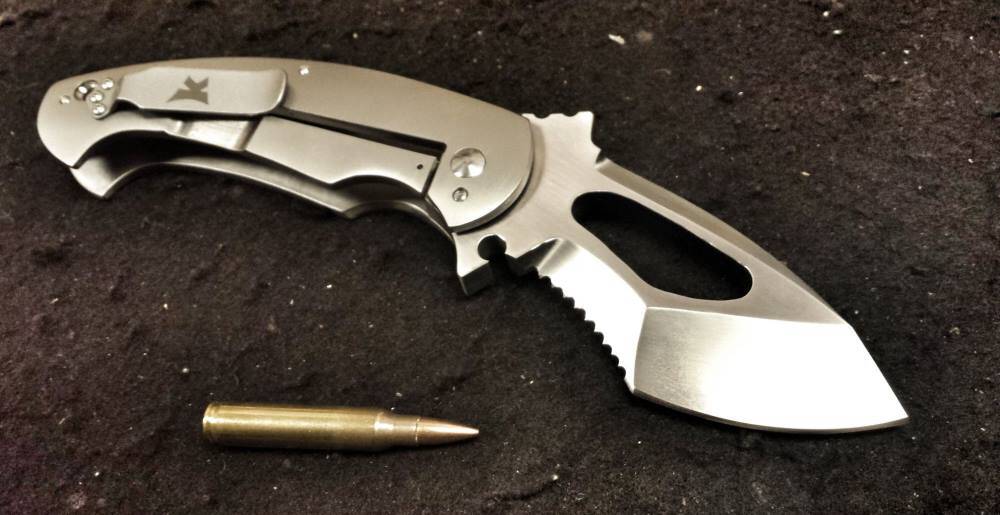
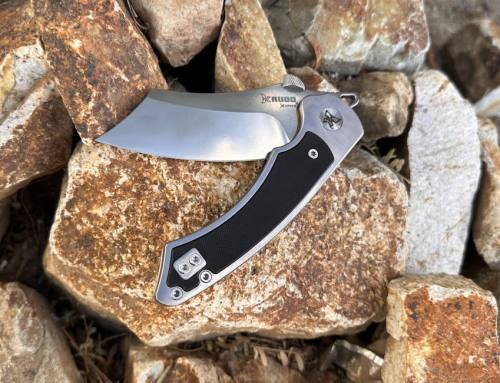
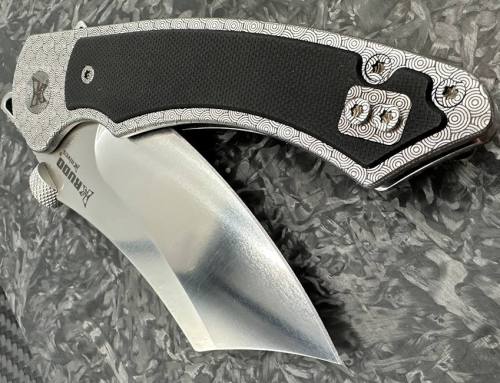
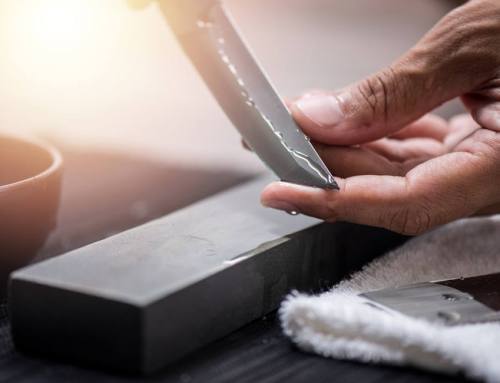
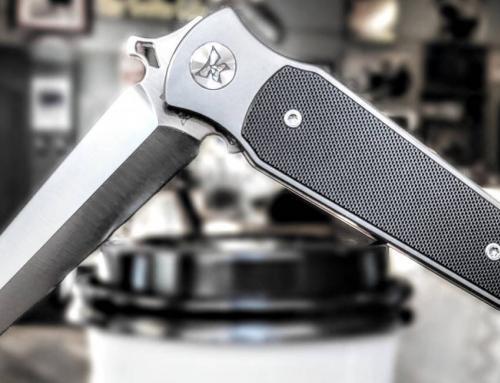
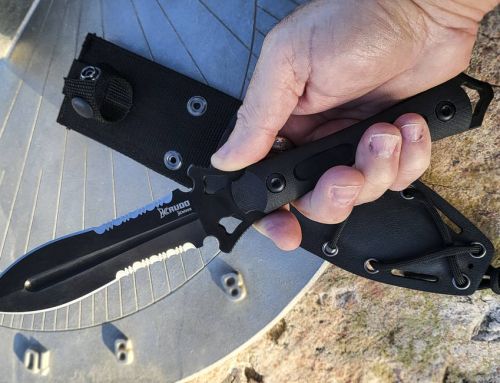
Do have a recommended product for cleaning the blade?
I will use compressed air from a can or from my compressor and blow out any debris.
Canned air you can purchase online or at your local hardware store.
I will use a drop of 3 in one oil for the pivot area and a very fine coat on the blade.
DO NOT use excessive amounts of oil on the pivot or the blade. This will only create a stain in your pocket.
Will 3 in 1 oil work?
Sometimes, due to environmental conditions and/or bodily acids and sweat, any metal blade can begin to form surface oxidation. A light coating on a clean blade is a helpful barrier, such as 3 in 1. Another product that we like is called FLITZ. They offer a variety of products that work well on knives.
very crucial idea. thanks